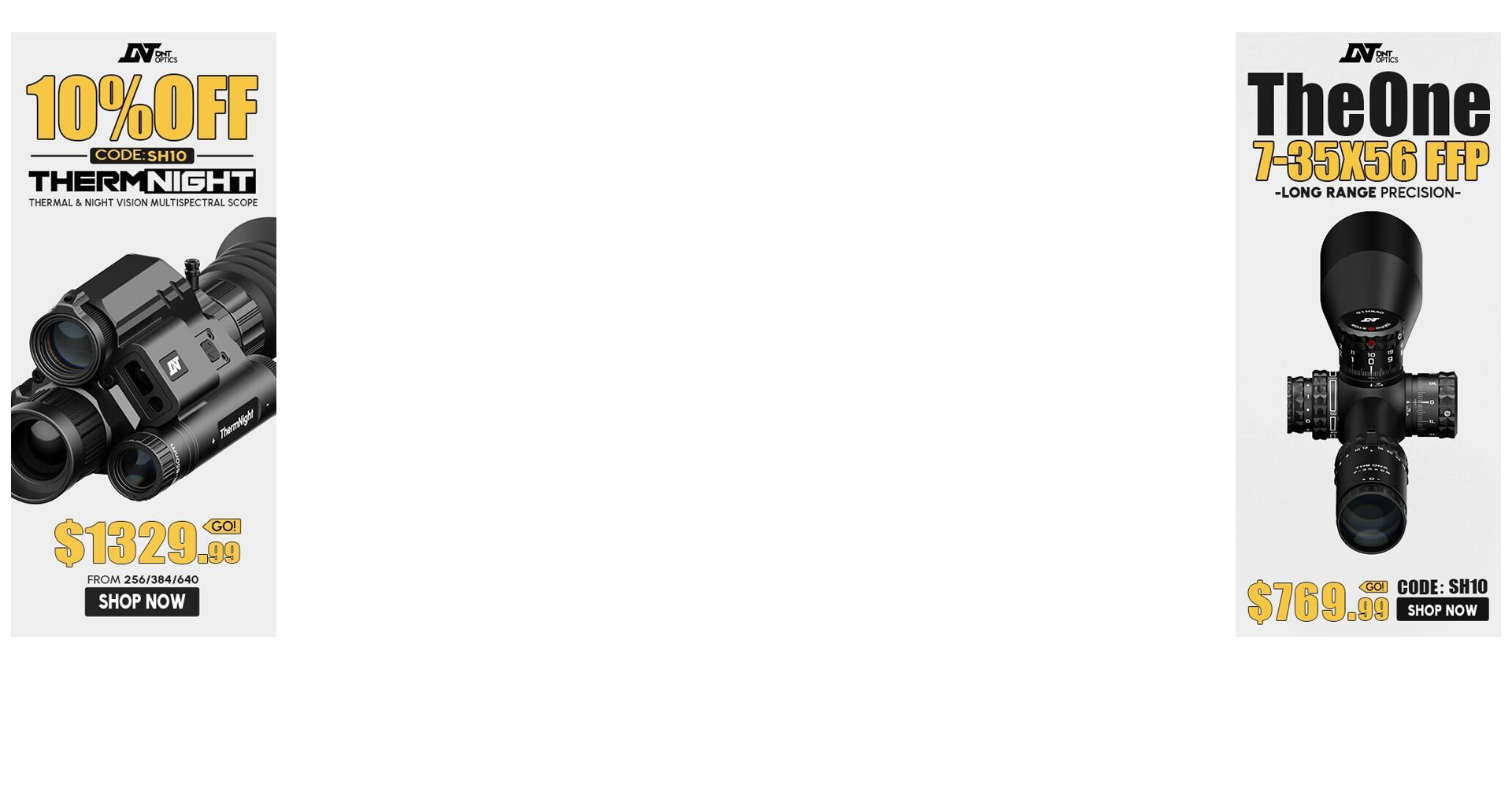If you read nothing else of this post, read the last 2 paragraphs. It's important.
Interesting that some people were awake for their procedure or had some sort of injections. For me, I was completely "out" via IV-administered anesthesia. No pain at all at any time before or after. The anesthesia, as I understand it, is the same stuff used for colonoscopy - the patient is actually "awake" and able to respond to commands, but has no memory of the procedure at all.
I have 20/20 vision in both eyes post-op. Before, it was 20/200 or worse with major astigmatism. I have the standard lenses with distance focus. Takes some time to get used to needing reading glasses for anything closer than 3-4 feet and, after 2+ years, it's still frustrating sometimes. I have a good set of progressive readers in frames whose temples fold under spring pressure. This allows me to "hook" the readers in my t-shirt collar or shirt pocket and the spring-loaded temple acts as a clip to keep the readers from falling out when I lean over.
I also keep a few pair of cheap readers scattered around. My wife will tell you that the most common post-operative epithet is "Where's my #$%^*!!! glasses!!"
Complications: for me, I had Posterior Vitreous Separation (PVS) in both eyes within a few weeks of the surgeries. The vitreous humor is the "jelly" that fills our eyes. As we age, it commonly pulls away from the retina in back of the eye - hence the name. It doesn't hurt. The only way I knew anything was going on was I noticed orange flashes on the periphery of my vision in the affected eye when I blinked after turning the lights out for bed, and the next day I saw a lot of floaters. That was the left eye. Having been warned to call my surgeon if I notices flashes or floaters, I did so, and they had me in the office within two hours. It was explained to me that this occurrence is very common even without cataract surgery, but the surgery combined with aging and significant nearsightedness makes it more likely. They said the symptoms would subside, and they did.
When it happened in the right eye, I wasn't alarmed - until I noticed a literal cloud of tiny spots surrounding the larger floaters. In I went to ophthalmologist. This time, the separation had caused a small tear in the retina. The zillions of tiny spots were blood cells where the tear had bled into the eye. They repaired the tear with a laser, which took maybe ten minutes. The tear was serious in that, if it tore a lot, it could cause retinal separation, which can cause partial to total blindness. Over time, many of the blood cells "sunk" slowly out of the field of view, as have some of the floaters. Enough floaters remain to be annoying because my vision is otherwise so good, but compared with arthritis and such age-related mess, it's not a big deal.
Hope this information is useful.

